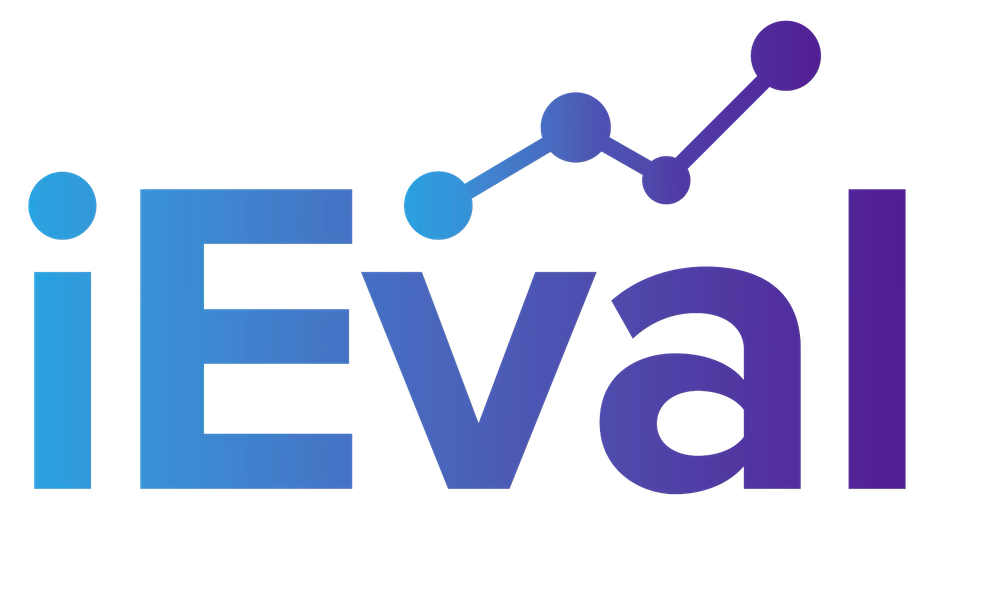This week begins a four-part series where each of us is going to take a turn to talk about our own specific evaluation qualifications and how we believe those qualifications have helped us provide a focus on use for our clients. We have very different, yet sometimes overlapping, backgrounds and qualifications. Kelley has evaluation experience working as an independent consultant, within a large policy-driven organization, and in K-12 education. Kristin has a recent doctorate in evaluation with experience working in a university evaluation department and as a K-12 educator. Corey is a novice evaluator currently working on his doctorate in evaluation. And then there’s me…I guess I’m the veteran!
While I could list many words that would describe the qualifications I believe I have as an evaluator (thinking of AEA’s Guiding Principles, the Joint Committee’s Program Evaluation Standards, coursework from Western Michigan University, etc.), I’m going to aggregate them into: Knowledge, Proficiency, Integrity, and Enthusiasm.
Knowledge. I have the education necessary to claim to be an evaluator – a doctorate in evaluation. I have read many books, articles, and blogs over the years to stay updated on current theories, trends, and ideas. I have presented at conferences, created and led workshops, and taught college courses on evaluation, proving I have the knowledge that I can share with others. While all of those pieces are important, the most critical element is the ability to apply that knowledge in the real world. Students need opportunities to use the theories and models they are learning about evaluation and apply them directly to a real life situation through case studies, field experiences, or internships. Organizations need to have evaluators they work with who are willing to try out new ideas, with the possibility of failure, in order to potentially learn something amazing that will improve processes and programs beyond their own. Being able to translate valid knowledge into practical application in an evaluation setting is a critical qualification influencing use.
Proficiency. I have been working in the evaluation field for 15+ years, and I have led iEval since founding it in 2002. Understanding how to use quantitative and qualitative tools and analysis methods, then using them often, gave me experience. Applying the tools in different settings – educational, health, nonprofit, community, law enforcement, etc. – also helped to build my experience. However, experience does not always mean proficiency. Working to modify analyses to meet client needs then sharing what I’ve learned with other clients is part of using my experience proficiently. Being able to ensure evaluation procedures are done with fidelity then translating them into meaningful findings and recommendations makes someone proficient in those methods.
Integrity. Integrity is usually at the top of the requirements list for any type of job. My favorite definition of integrity continues to be “doing what’s right even when nobody is looking.” I believe integrity is even more imperative for evaluators. Evaluators are often working with sensitive data, potentially making life-changing recommendations based on the data, and never truly understand how their written words and presentations can affect individuals. If someone who was less than completely honest had that type of power, the results could be disastrous. Unfortunately, integrity isn’t something you can teach or learn, its just part of who you are…I choose to live with integrity. Being transparent about evaluation processes, monitoring for validity and reliability in findings, recognizing and accounting for biases, and openly sharing with clients and other evaluators all lead to evaluations conducted with integrity.
Enthusiasm. Anyone who knows me will say that I’m a little high energy…okay, maybe more than a little. I have fun with what I’m doing…from planning trips for friends to Walt Disney World to taking pictures of flowers to playing tour guide at Thomas Jefferson’s Monticello and Poplar Forest to spending time with nieces and nephews to reading while snuggled up with my cats to planning for the future with my husband to conducting evaluations! Yes, evaluation IS fun! I love to dig deep into statistical analyses and find something I didn’t expect. I take pride in creating a report that is accurate, digestible, and beautiful. I feel fulfilled when I see a client experience an A-HA because of the data we shared. I get recharged when I give presentations about evaluation…I do tend to bounce around quite a bit! I am passionate about the work I do – both how it is done and how it is used. Being enthusiastic about evaluation is probably the most critical evaluator qualification that leads to and improves use.
DR. TACKETT’S USEFUL TIP: Learn and apply it. Practice and share. Live honestly. Carpe diem!

